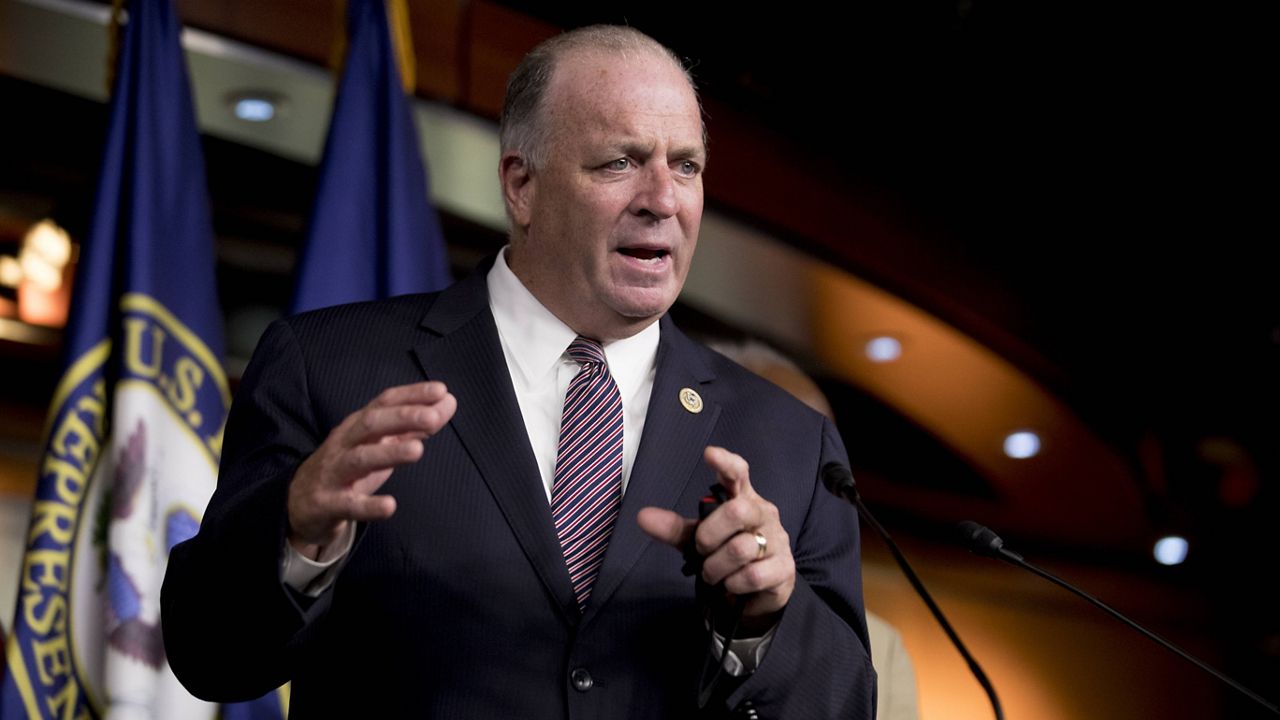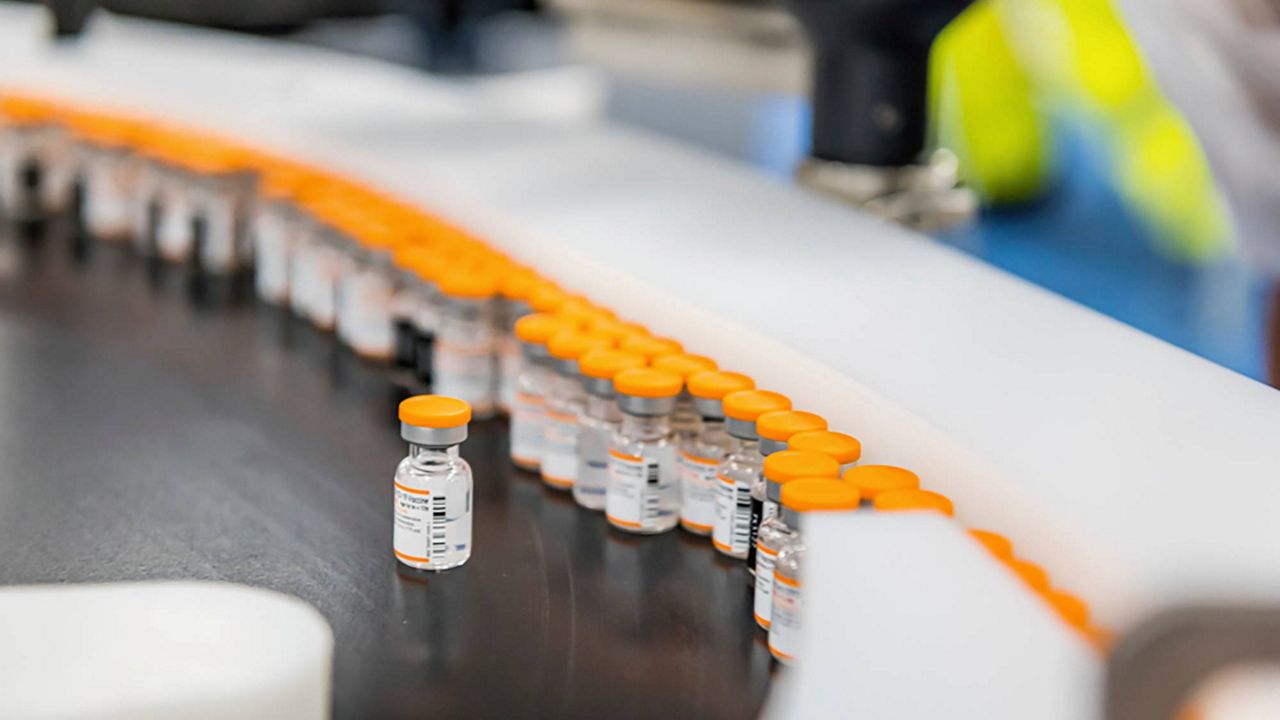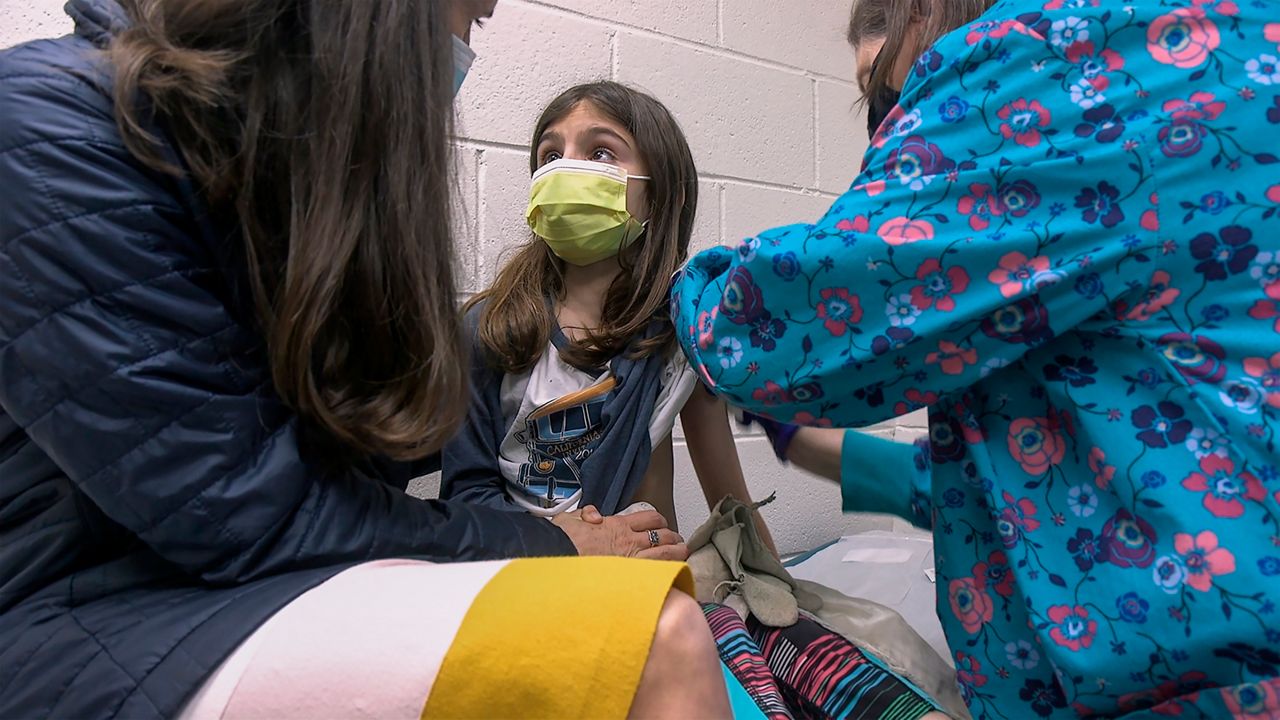A Michigan congressman says the Capitol riot has left him with post-traumatic stress disorder.
What You Need To Know
- Rep. Dan Kildee of Michigan told NBC News that the Capitol riot has left him with post-traumatic stress disorder
- Kildee said after the riot, he began to feel tension in his chest, had trouble breathing and became irritable
- A friend in Congress referred Kildee to psychiatrist Dr. Jim Gordon, who immediately recognized that Kildee was suffering from PTSD
- Kildee said he chose to speak publicly about his battles with PTSD because he hoped his story would encourage others to seek help
In an interview that aired Sunday on NBC News, Rep. Dan Kildee opened up about the toll the deadly Jan. 6 insurrection has taken on his mental and physical health. That day, he crouched down in the balcony of the House recording video as rioters tried to force their way into the chamber. Police officers stood inside near a barricaded door with their guns drawn.
Moments later, lawmakers were rushed to safety in secure locations in the Capitol complex.
Kildee, a Democrat, said he initially thought he was fine afterward.
“It was after I got home that I started looking at some of the video from the event,” he said. “I thought it was a few dozen people. It was hundreds and hundreds of violent people. And that triggered an emotional and physical reaction. I had a lot of tension in my chest. Breathing was difficult. I became really irritable.”
A friend in Congress referred Kildee to Dr. Jim Gordon, a psychiatrist who wrote the book “Transforming Trauma.” Gordon immediately recognized that Kildee was suffering from PTSD.
“I've worked in war zones and post-war, post-disaster situations, after school shootings and with war-traumatized vets,” Gordon told NBC. “And what Dan was experiencing, as he talked about it, is what people experience. All the symptoms that he just described to you, these are all ‘fight or flight’ that's being prolonged.”
Fight or flight refers to physiological changes in response to a threatening or stressful situation, which lead to a physical action, such as attacking or leaving to escape danger.
Kildee said he’s grateful he connected with Gordon, with whom he’s had sessions almost every Saturday. The doctor also has taught him meditation techniques.
Kildee said he chose to speak publicly about his battles with PTSD because he hoped his story would encourage others to seek help.
“Most people who experience trauma don't experience it in real time on every network across the world,” Kildee said “They do it privately, quietly, painfully, silently, alone. And so if I can speak to them, that's what I want to do.”
According to the American Psychiatric Association, PTSD may occur when someone has “experienced or witnessed a traumatic event such as a natural disaster, a serious accident, a terrorist act, war/combat, or rape or who have been threatened with death, sexual violence or serious injury.”
Those suffering from the condition may experience flashbacks or nightmares; feel sadness, fear or anger; feel detached from other people; avoid situations that remind them of the trauma; or have a strong reaction to ordinary occurrences such as a loud noise or accidental touch.
Five people died in the Capitol riot, which was carried about supporters of former President Donald Trump and disrupted Congress’ certification of Joe Biden’s election victory. A Capitol police officer was among the dead, and more than 140 officers with the Capitol and D.C. Metropolitan police departments were injured
More than 350 people have been charged.
Ryan Chatelain - Digital Media Producer
Ryan Chatelain is a national news digital content producer for Spectrum News and is based in New York City. He has previously covered both news and sports for WFAN Sports Radio, CBS New York, Newsday, amNewYork and The Courier in his home state of Louisiana.








